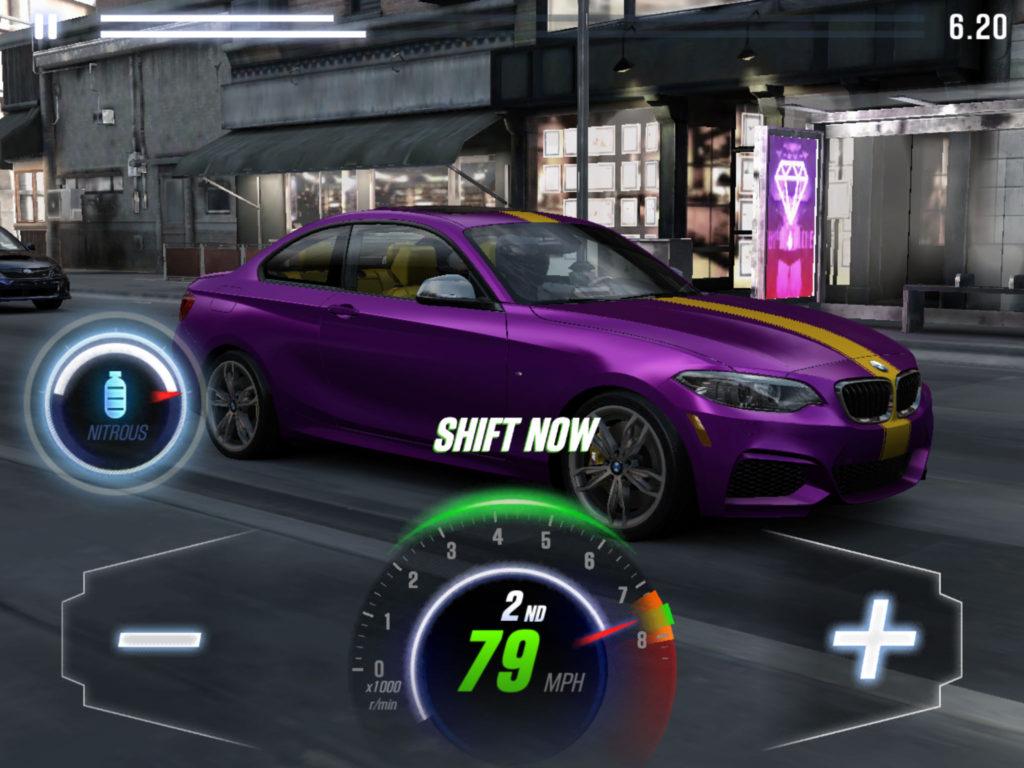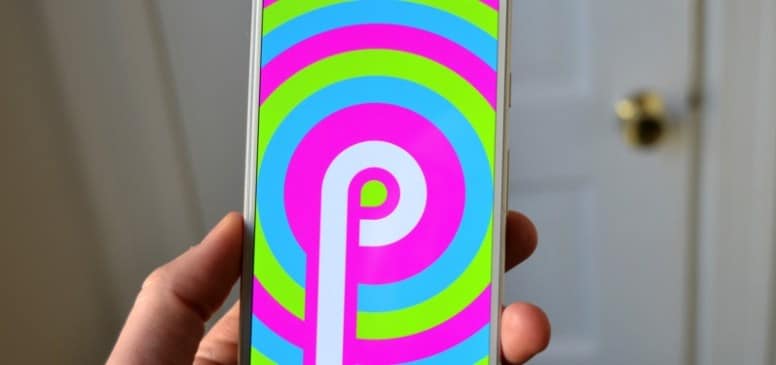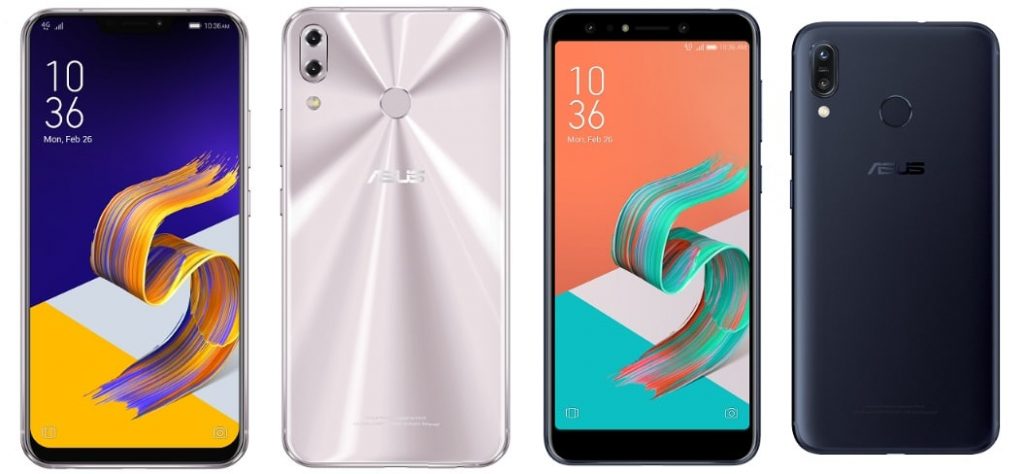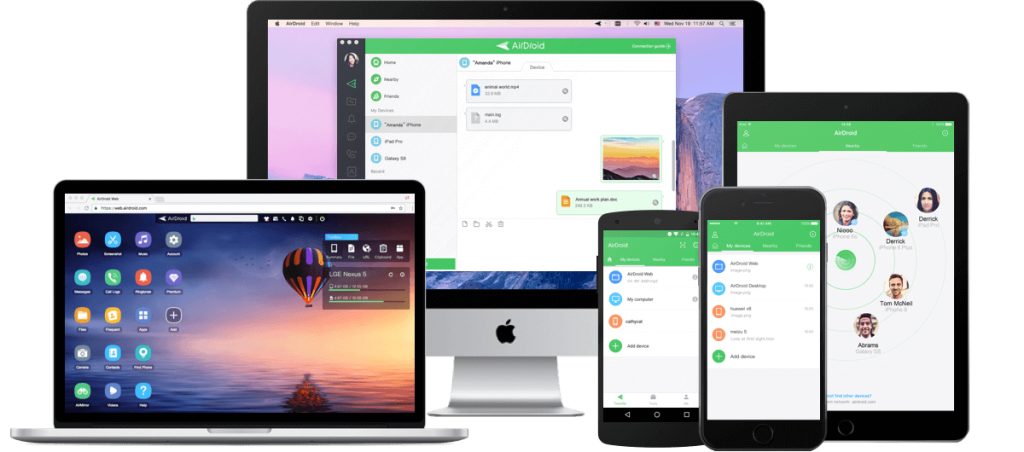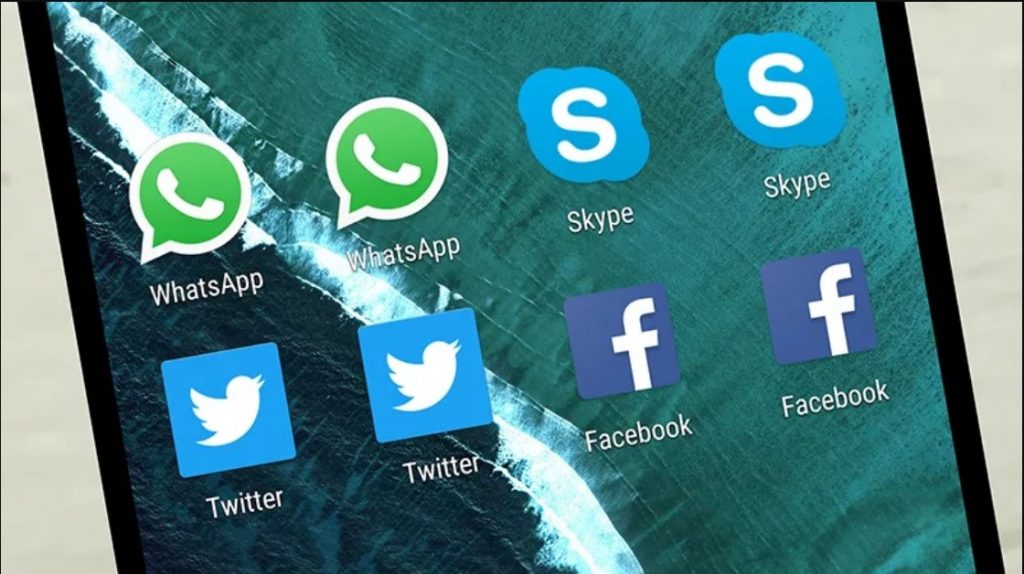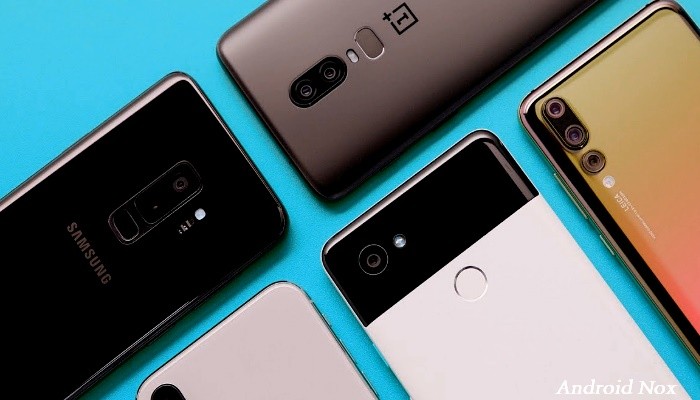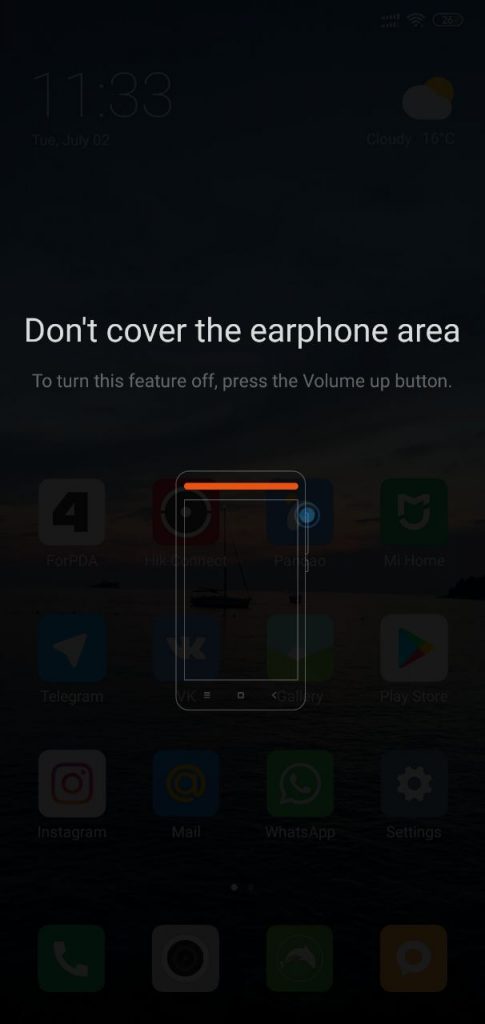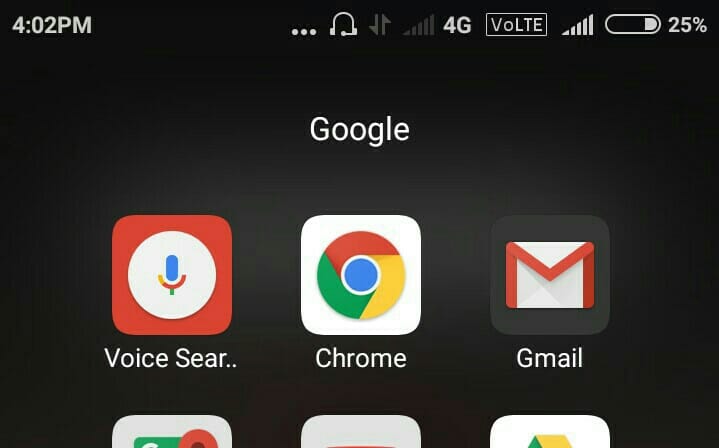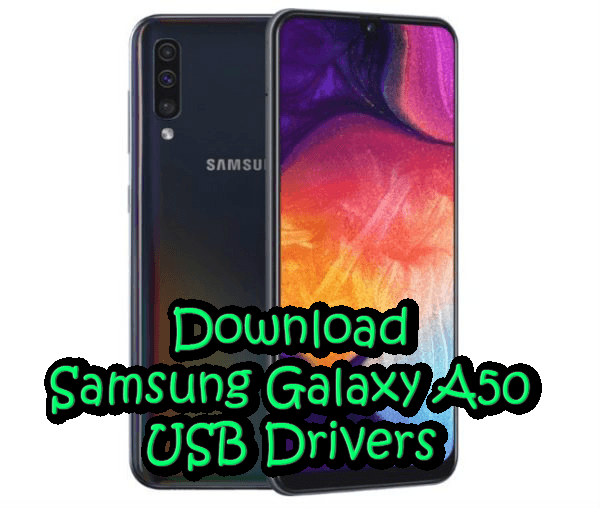After more than a decade, the case Oracle contra Google It seems that it comes to an end today with the sentencing of one of the most important copyright lawsuits of the century in which it was caused by the use of Java on Android.
The court of the Supreme Court of the United States has decided by majority (6 – 2) ** to agree with Google *, avoiding the company having to compensate Oracle with more than 9.3 billion dollars.
The use of Java on Android was legitimate
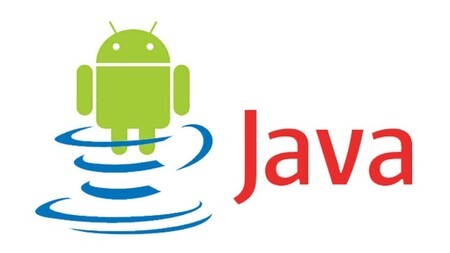
The origin of this long legal battle that began in 2010 has to do with the structure, sequence and organization of 37 Java APIs present in Android, in which Oracle defended that its source code was protected by copyright.
In 2016 the court already agreed with Google, claiming the same as in this second trial, that Java implementation on Android is “fair use”. That same year, Google updated the Android API to use OpenJDK, the free version of Java, in order to stop having possible legal problems with new versions of Android and prevent the compensation from continuing to grow.
The case was reopened in 2018 when the Federal Circuit Court of Appeal accepted Oracle’s appeal, and now in 2021 the new sentence has been made public, citing the following in the conclusion:
“The fact that computer programs are fundamentally functional makes it difficult to apply traditional copyright concepts in that technological world … We concluded that in this case, where Google reimplemented a user interface, taking only what is needed to allow users to put their accumulated talents to work on a new and transformative program, Google’s copy of the Java API was a fair use of that material as a matter of law. “
“In reviewing that decision, we assume, for the sake of argument, that the material was subject to copyright protection. However, we contend that the copy in question constituted fair use. Therefore, Google’s copy did not violated copyright law. “
The court verifies what Google has been arguing for years, that In order to create the Android API, he had no choice but to “copy” some Java functions, but that its use was always legitimate even if Oracle did not agree.
With this ruling, as reported by Kent Walker, SVP of Global Affairs at Google, it is a victory for consumers, interoperability and informatics, as the decision gives legal certainty for the next generation of developers whose new products. There will no longer be fear of being sued for inspiration from a few lines of code.
Via | Engadget
